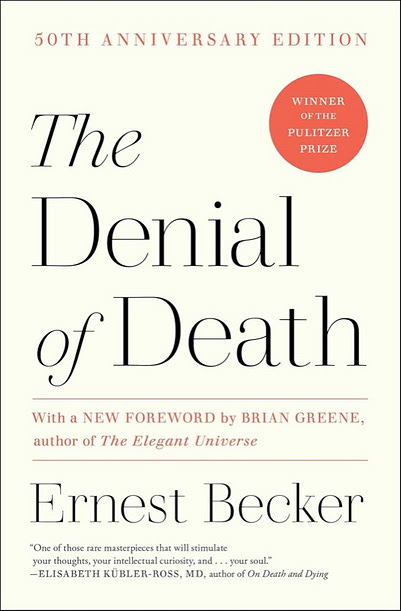A cool tool can be any book, gadget, software, video, map, hardware, material, or website that is tried and true. All reviews on this site are written by readers who have actually used the tool and others like it. Items can be either old or new as long as they are wonderful. We post things we like and ignore the rest. Suggestions for tools much better than what is recommended here are always wanted.
Tell us what you love.Categories
- Announcements
- Aural
- Autonomous Motion
- Backpacking
- Big Systems
- Clothing
- Communications
- Community
- Computers
- Consumptivity
- Craft
- Culture
- Dead Tools
- Deals
- Design
- Destinations
- Dwelling
- Edibles
- Every Day Carry
- Family
- Gardens
- Gareth's Tips
- General Purpose Tools
- Health
- Homestead
- Inner Space
- Just 1 Question
- Kitchen
- Learning
- Life on Earth
- Livelihood
- Living on the Road
- Maker Tools
- Maker Update
- Materials
- Media Tools
- Multiple Product Reviews
- No Stream
- Nomadico
- Paper World
- Photography
- Play
- Podcast
- Prove Us Wrong
- Readers' Gifts
- Recomendo
- Related Stuff
- Science Method
- Somatics
- Source Wanted
- Tips
- Tool Chest
- Tools for Possibilities
- Uncategorized
- Vehicles
- Videos
- Visual Media
- What's in My Bag
- Workplace
- Workshop

Winner of the Pulitzer Prize, The Denial of Death argues that the terror of mortality is the mainspring of human activity — that everything we do, from building civilizations to seeking love, is ultimately an attempt to transcend our animal fate and achieve symbolic immortality.
Core Principles
The Terror at the Core
Human beings are unique among animals in knowing they will die. This awareness creates a paralyzing terror that we spend our entire lives managing. The basic motivation for human behavior is not sex (as Freud claimed) but our biological need to control this existential anxiety — to deny the terror of death. The deeper and richer one’s life becomes, the more one senses how much there is to lose, which sharpens the fear of annihilation.
The Vital Lie of Character
To function in daily life, we construct what Becker calls “character armor” — a set of psychological defenses that keep the awareness of death unconscious. This “vital lie” lets us feel safe and pretend the world is manageable. Neurosis occurs when these defenses break down, and we can no longer maintain our illusions.
Immortality Projects
We cope with mortality by pursuing “immortality projects” — activities that give us a sense of lasting significance. These can be almost anything: religion, art, politics, wealth, fame, having children, or belonging to a group larger than ourselves. They buffer our anxiety and provide self-esteem by letting us feel part of something that will outlive us.
The Source of Human Conflict
Because our immortality projects are symbolic constructions, the mere existence of people with different beliefs threatens our sense of security. Wars, genocide, racism, and nationalism often stem from clashing immortality projects — each side unconsciously defending against death anxiety by destroying the “other” whose worldview invalidates their own.
Try It Now
- Identify your primary “immortality project” — the activity or identity that gives you a sense of lasting significance. Is it your career? Family? Creative work? A cause?
- Notice how you react when someone criticizes or dismisses this project. Does the intensity of your reaction reveal something about how much you depend on it for self-esteem?
- Consider: What would remain meaningful to you if you truly accepted that you will die and be forgotten? Write down three things.
- Pay attention today to moments when you distract yourself from uncomfortable thoughts. Shopping, scrolling, drinking — what might you be avoiding?
- Ask yourself Becker’s question: “Am I living my own life, or am I living the lie I need in order to feel safe?”
Quote
“The irony of man’s condition is that the deepest need is to be free of the anxiety of death and annihilation; but it is life itself which awakens it, and so we must shrink from being fully alive.”
Book Freak is published by Cool Tools Lab, a small company of three people. We also run Recomendo, the Cool Tools website, a YouTube channel and podcast, and other newsletters, including Recomendo Deals, Gar’s Tips & Tools, Nomadico, What’s in my NOW?, Tools for Possibilities, Books That Belong On Paper, and Book Freak.






